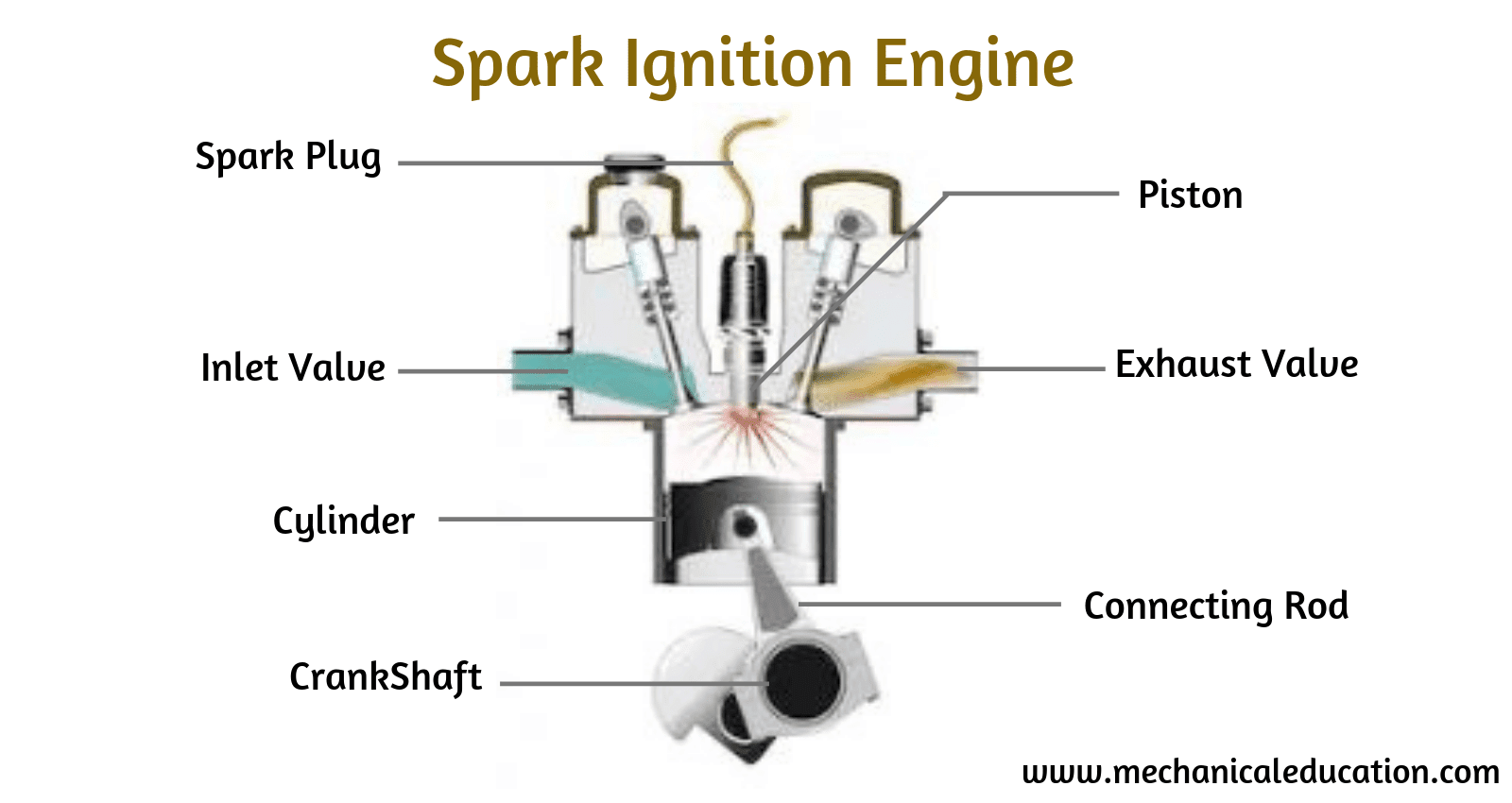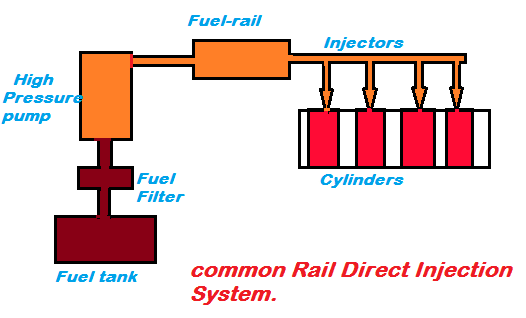If the Freon (refrigerant) level in your car’s AC system is low, you may notice one or more of the following signs:
- Reduced cooling performance: If your car’s AC is not cooling as well as it used to, this could be a sign that the refrigerant level is low.
- Air not as cold: If the air coming from the vents is not as cold as it used to be, this could be another sign that the refrigerant level is low.
- Hissing or bubbling sounds: If you hear hissing or bubbling sounds coming from your car’s AC system, this could indicate a refrigerant leak.
- Ice or frost on the AC components: If you notice ice or frost forming on the AC components in your car, this could be a sign of low refrigerant levels.
- AC system cycling on and off frequently: If your car’s AC system is cycling on and off frequently, this could be a sign that the refrigerant level is low.
If you notice any of these signs, it’s a good idea to have your AC system checked by a professional mechanic. They will be able to use specialized equipment to check the refrigerant levels and identify any leaks or other issues that may be affecting your AC system’s performance. It’s important to address low refrigerant levels as soon as possible, as running your AC system with low refrigerant can damage the compressor and other components of the AC system.
Frequently Asked Questions
1.What are the common signs that my AC Freon is low in my car?
Signs include reduced cooling, poor air circulation, longer cooling times, and potential hissing noises from the AC system.
2.Can I visually inspect the Freon levels in my car’s AC system, or is a professional diagnosis necessary?
Freon levels are not visible, so it requires a professional AC system inspection using gauges and other diagnostic tools.
3.Are there specific odors associated with low Freon levels in a car’s AC system?
No, low Freon levels typically don’t produce specific odors. Unusual smells may indicate other issues, and a professional inspection is recommended.
4.How often should I check the Freon levels in my car’s AC system?
Freon levels should be checked during regular AC system maintenance, which is recommended every 12-18 months.
5.Can low Freon levels damage other components in the AC system if not addressed promptly?
Yes, low Freon levels can lead to the AC compressor working harder, potentially causing damage to the compressor and other components over time.
6.Are there DIY kits available to recharge Freon in a car’s AC system?
While DIY recharge kits exist, it’s advisable to have a professional handle Freon recharging to ensure the correct amount is added and to prevent overcharging.
7.What is the cost of recharging Freon in a car’s AC system in India?
The cost can vary, but on average, it may range from ₹2,000 to ₹5,000, depending on the car model and the amount of Freon needed.
8.Can I drive my car with low Freon levels, or should I avoid using the AC until it’s recharged?
While you can drive, it’s advisable to limit AC usage and address the low Freon levels promptly to prevent potential damage to the AC system.
9.Are there environmental concerns associated with Freon recharging, and are there eco-friendly alternatives?
Freon, or hydrochlorofluorocarbons (HCFCs), can have environmental impacts. Some newer cars use more environmentally friendly refrigerants like HFO-1234yf.
10.Can low Freon levels be a result of a refrigerant leak, and how can I detect such leaks?
Yes, low Freon levels can be due to leaks. Signs of a refrigerant leak include oil stains around AC components, hissing sounds, or a visible refrigerant dye. Professional inspection is recommended for leak detection.




